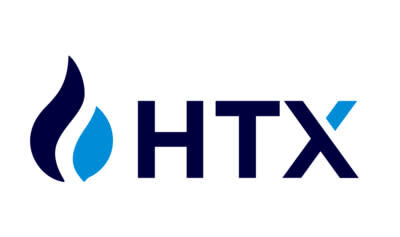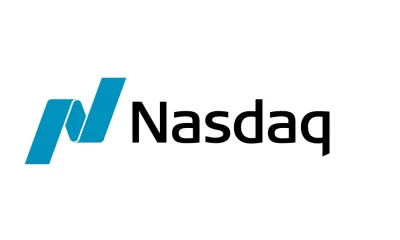Business
Ethereum devs to kick off Pectra testing on Holesky
-

 Videos1 week ago
Videos1 week agoItaly engages with crypto firms on regulatory safeguards
-

 Business1 week ago
Business1 week agoHTX Takes Revolutionary Steps Toward Decentralized Governance
-

 Business5 days ago
Business5 days agoUAE saw 41% increase in crypto app downloads in 2024
-

 Business1 week ago
Business1 week agoAustralian regulator’s ‘blitz’ hits crypto exchanges, money remitters
-

 Business5 days ago
Business5 days agoBrazil approves first spot XRP ETF as local bank eyes stablecoin on XRPL
-

 Business1 week ago
Business1 week agoJavier Milei risks impeachment after Libra rug pull
-

 Business1 week ago
Business1 week agoMetaplanet Stock Jumps 8% As Company’s Bitcoin Holdings Surge Past 2,000 BTC
-

 Business5 days ago
Business5 days agoVitalik Buterin criticizes crypto’s moral shift toward gambling






























